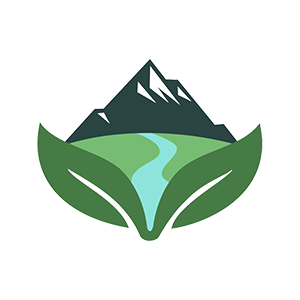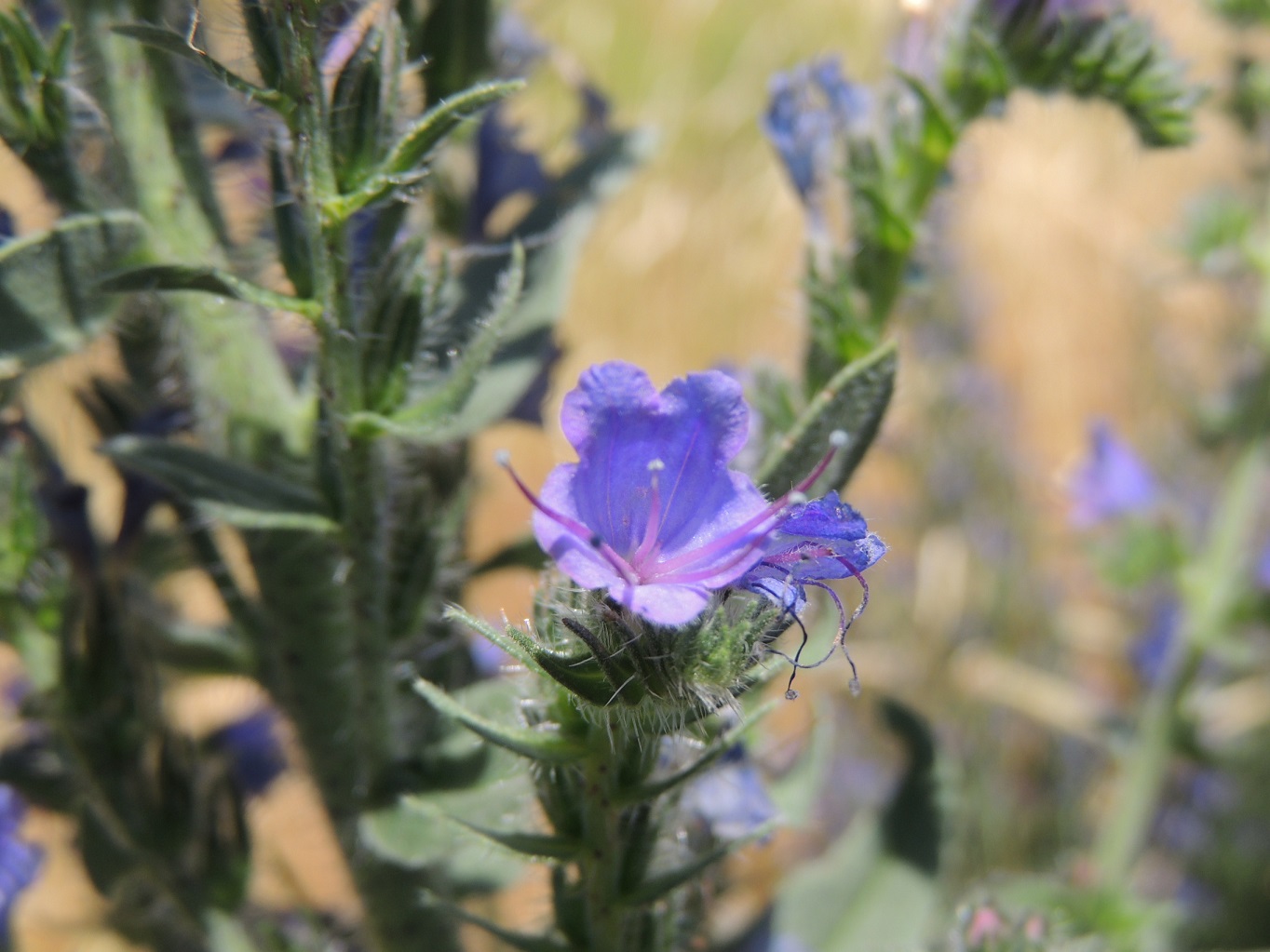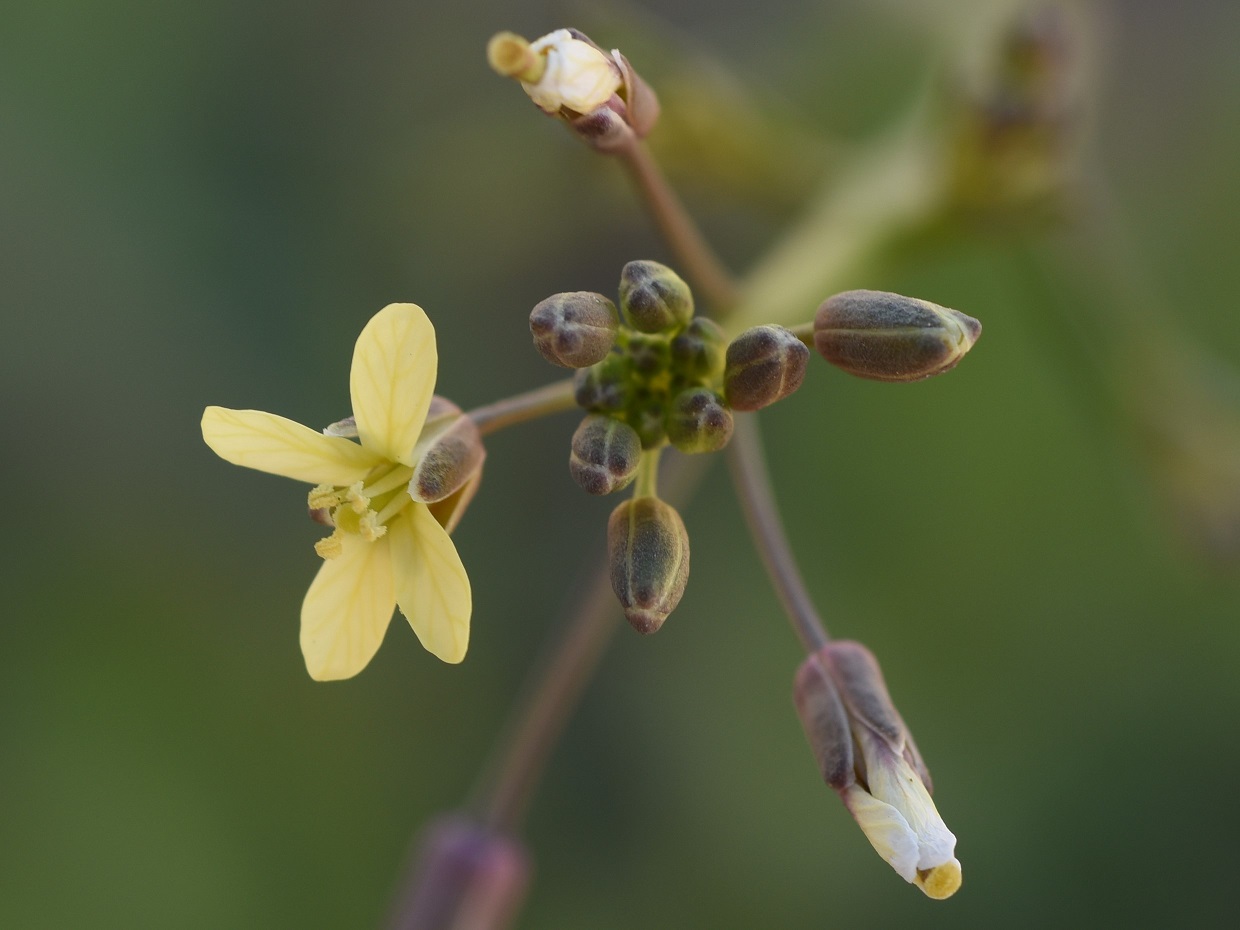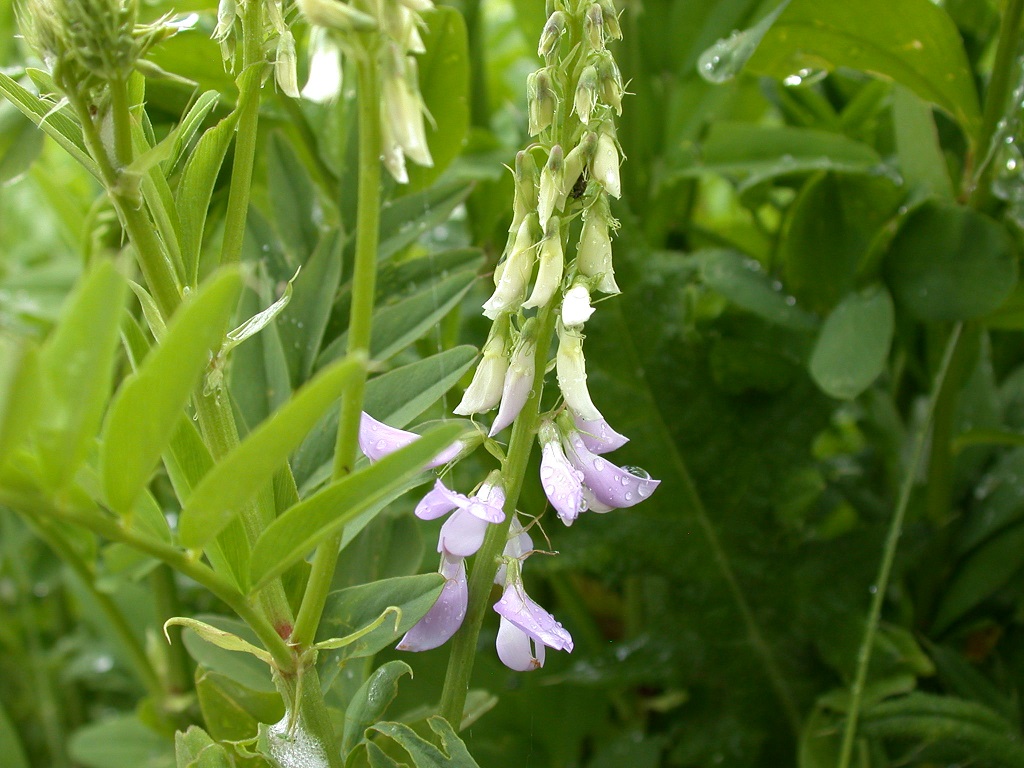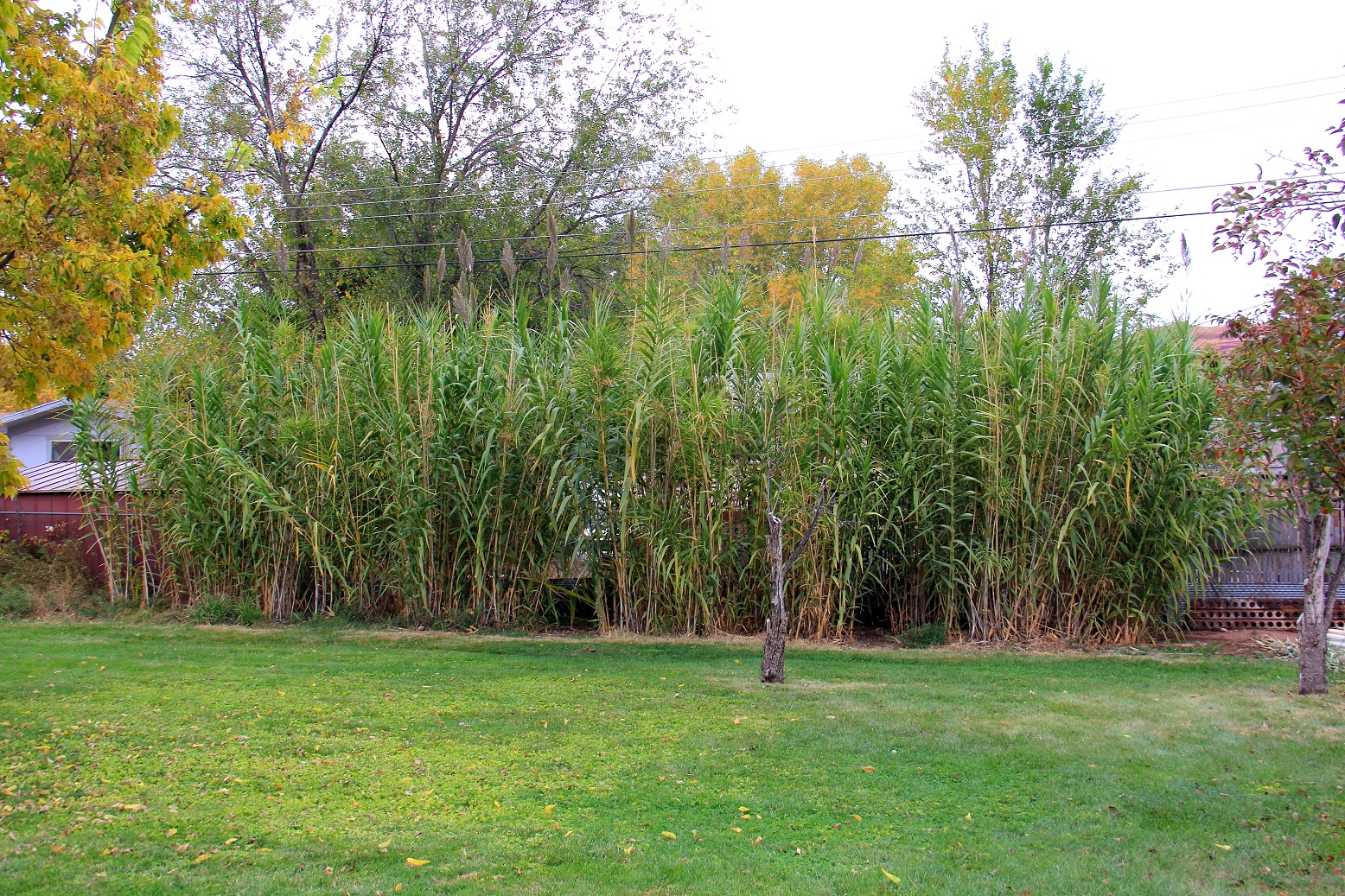Calendar
Stay up to date on our events and programs.
Projects
Check out some of our local projects. See the work we are able to get done as a partnership.
Weed Lists
Not sure what plants are noxious weeds and why? View the 54 state listed noxious weeds here.
Contact Us
Looking for information or have an idea you would like to share? Let’s see what we can do together.
Summit Cooperative Weed Management Area
Priorities Treatment Map
Discover the order of treatment based on open space as a management priority.
Noxious Weed Fact Sheet
Learn how to identify some of the most concerning noxious weeds in Summit County.
Weed Control Timeline
View the treatment timeline for the Summit CWMA noxious weed control.
MISSION STATEMENT
The mission of Summit CWMA is to facilitate collaboration, coordination, and education regarding the identification and control of noxious weeds, integrated weed management procedures and restoration of ecosystem function to resist invasion or reinvasion by noxious weed species.
Why do we care?
More noxious weeds invade our state every year damaging our valuable natural lands, reducing wildlife habitat, clogging water ways, increasing fire risk and reducing the quality of recreational experiences.
OUR MAIN FOCUS AND PRIORITIES
- Mapping
- Restoration
- Biocontrol
- Education + Outreach
- EDRR
- Monitoring
Outreach
Identification
Monitoring
Applications
Mapping
Education
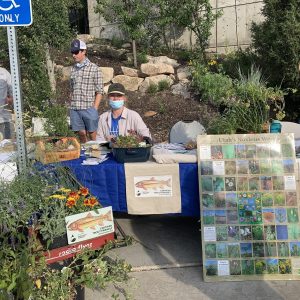
Education and Outreach
An informed public is a powerful force. With the rate at which noxious weeds are spreading, we need the support and help of the community to protect our natural and agricultural lands. Through training, outreach materials and volunteer events, we aim to empower our residents and landowners.
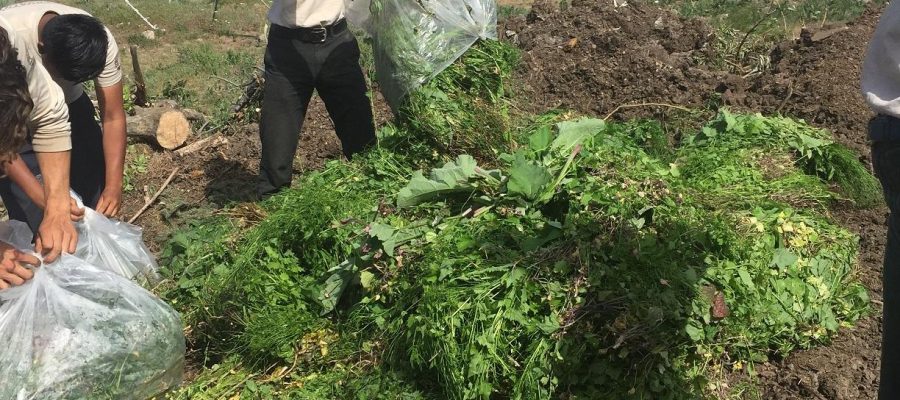
Strategic Noxious Weed Control
We rely on an integrated weed management approach that matches the most effective method for the noxious weed, site and situation. Not one method is the right choice every time. It takes careful assessment of each situation to choose the control method that will provide the most benefit with the least unintended impacts.
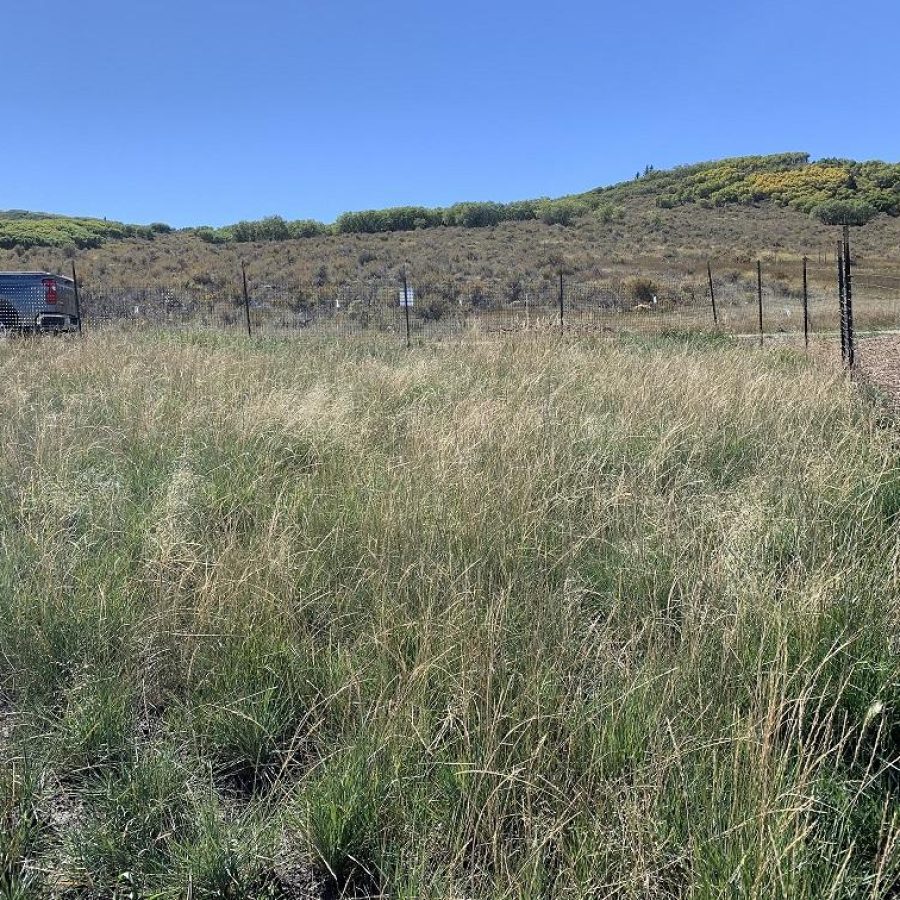
Ecological Restoration and Enhancement
While control and removal are important early steps in noxious weed control, restoration is equally important for establishing healthy ecosystems that can be more resistant to reinvasion and resilient to disturbances. As we reclaim land from noxious weeds, we jump start recovery of native plants through soil amendments, seeding and planting.
Resources and Partners
Grant Funded Assistance
Due to limited funding, the Grant Funded Assistance Program will now be limited to public open space as well as private properties adjacent to open space, trails and waterways. If your property borders these lands, please contact us. Click Here for Noxious Weed Control Resources.
Are you interested in hearing about Summit CWMA events or want notification when assistance programs become available?
Join our email list.
Get Involved
BECOME PART OF THE SOLUTION
Become educated about noxious weeds
Teach your neighbors about noxious weeds
Control noxious weeds on your property
Volunteer to pull weeds in your community
Report noxious weeds
Replace noxious weeds with natives that support pollinator species
Utah Noxious Weeds
Be on the lookout for the following:
Our Featured Projects
Yellow Toadflax and Myrtle Spurge Control Program
Yellow toadflax contains a glucoside chemical that is poisonous to livestock if eaten. Myrtle spurge, on the other hand presents…
Summit CWMA – Garlic Mustard Control Program
Introduction Garlic mustard is the perfect storm of noxious weeds. It rapidly invades through self-pollination, high seed output and seeds…
Knapweed and Yellow Starthistle Control Program
In 2018 and 2019, the Summit CWMA began mapping knapweed while out monitoring for garlic mustard. The populations were growing…
Who we are
The Summit CWMA consists of and is run by representatives of government agencies, volunteers from local, private business, and citizens.
We are funded annually by Invasive Species Mitigation grants through the Utah Department of Agriculture and Food and when available, additional grants through the Utah Weed Supervisors Association and, most recently, the Park City Community Foundation Climate Fund.
How we can help
With professionals as partners from the Summit County Weed Division to USU Extension agents, we have a range of expertise to assist you in identifying and addressing noxious weed problems. If it is a service outside of our capacity, we can help connect you with the local service provider that can help.
- Noxious Weed Identification
- Partnerships
- Land Management Help
- Biocontrol Insects
- Herbicide Application
Our top priority weeds
% of our resources spent on the following:
Garlic Mustard
Spotted Knapweed
Yellow Toadflax
Leafy Spurge
Yellow Starthistle
